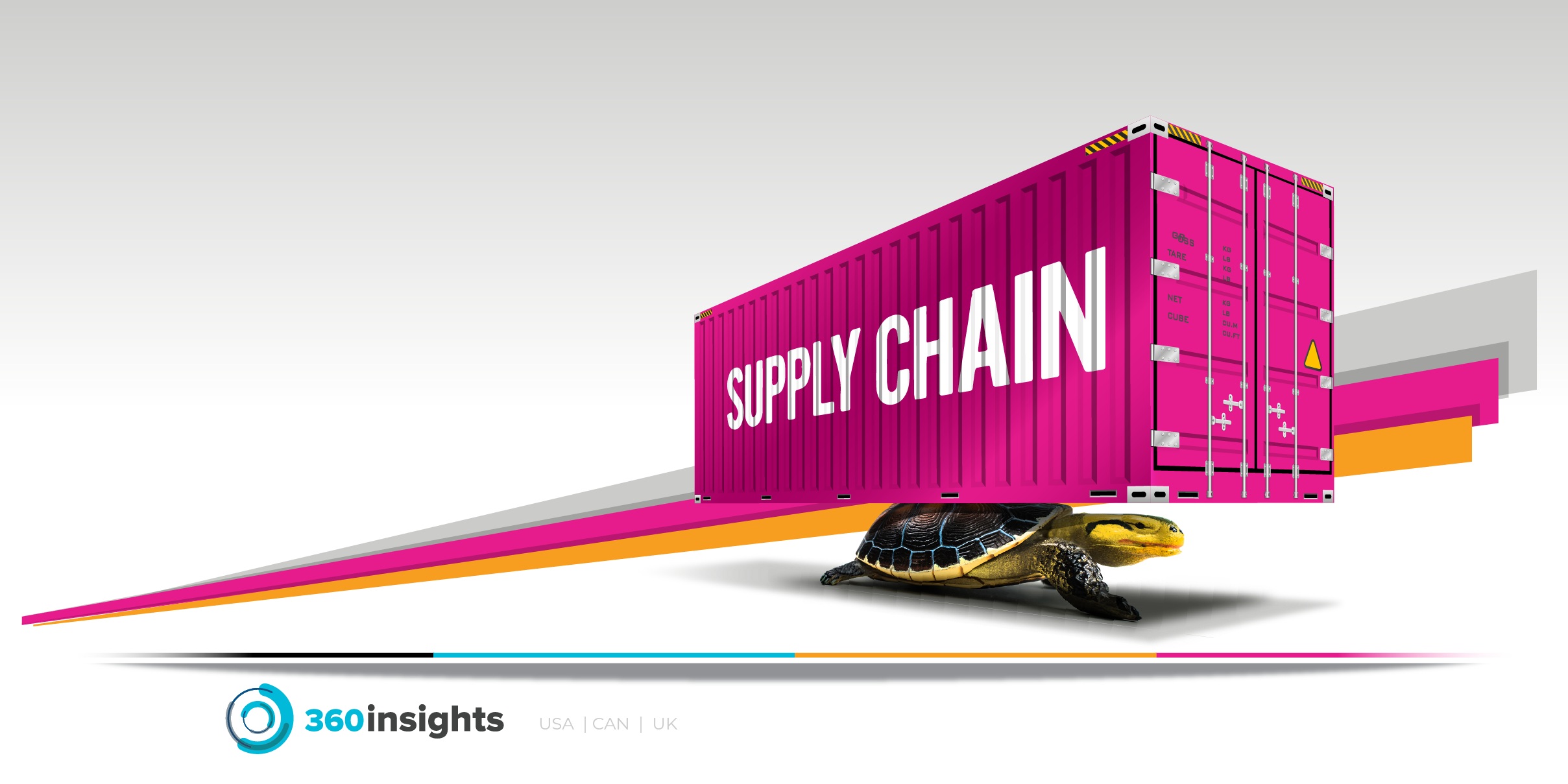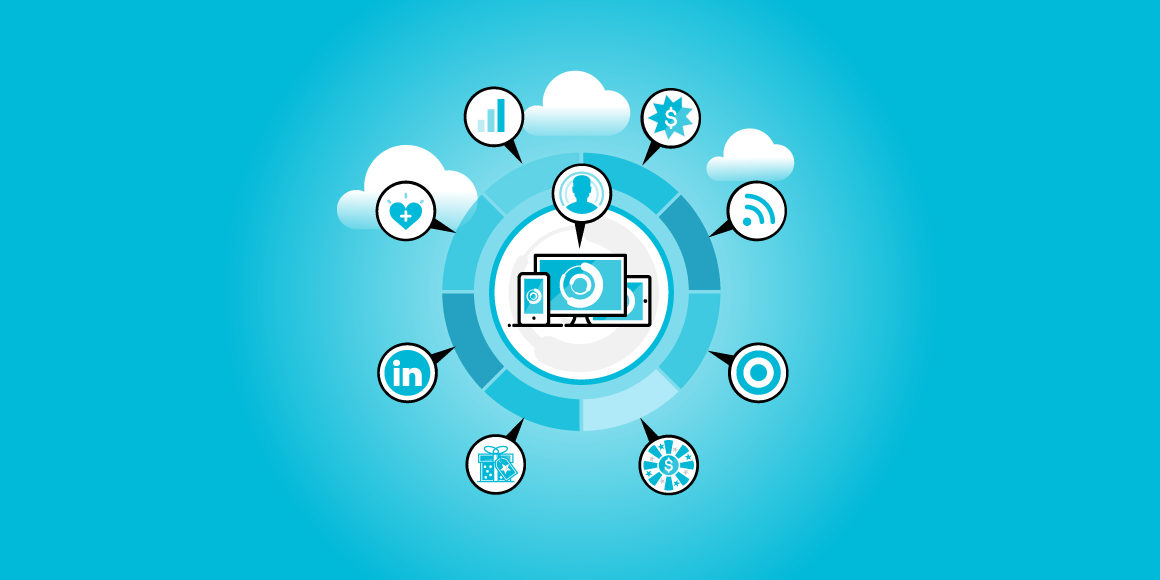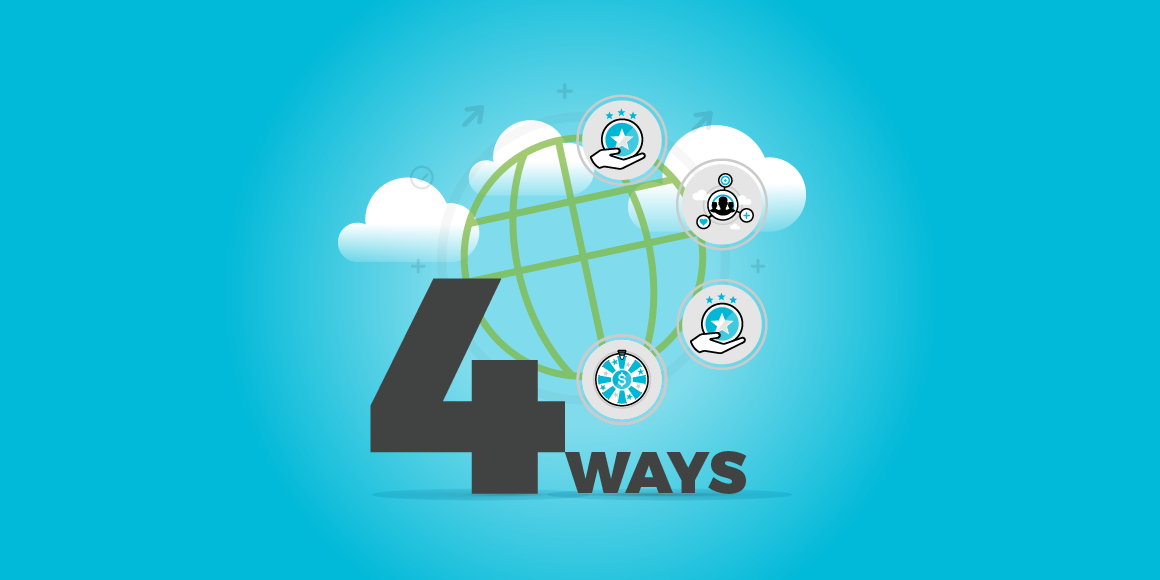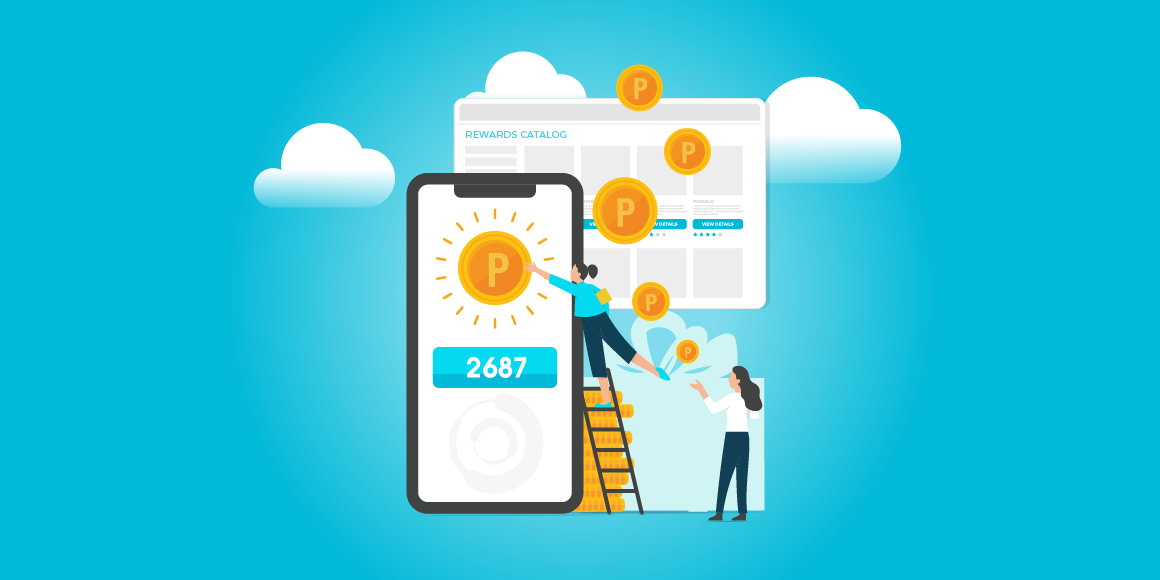The pandemic is a few years old but has impacted the appliance industry in a myriad of ways - hitting important manufacturing, warehouses and parts providers at inconsistent times. Now the industry has to deal with another unique problem: port and container availability. And, if that wasn’t enough, surging demand, coupled with supply chain disruptions, has now also caused exponential price increases. Pandemic-related manufacturing back-ups and supply chain issues have hurt the available supply of major kitchen and laundry appliances since last year.
According to Consumer Reports, supplies of appliances still have yet to rebound — and demand remains as high as ever. The majority of builders — almost 90 percent — reported having trouble securing appliances in the last six months, according to a National Association of Home Builders survey. About half reported the difficulty was to “a major extent.” According to Melinda Aguilar of Azzari Design, who is repeatedly one of the top appliances salespeople in California, the good news in all of this is that appliance manufacturers have seen sales soar and will continue to do so. However, the uptick in consumer activity may be a double-edged sword: on one side, business is booming, on the other, supply chains are slow or broken.
If not managed correctly, consumer experience falls short, and loyalty disintegrates. As product becomes delayed and scarce, sales teams and sales operations must go on. But how should manufacturers manage these massive supply issues while also keeping sales and growth momentum moving forward?
Focus on sales enablement and training:
Brands that excel at delivering an exceptional partner experience will grow faster and become more profitable: driving higher satisfaction, customer success, and renewal for the required consumption model. Organizations need to stay responsive to changing market trends and their sales teams need to be adaptable to any new strategies or tactical campaigns required to be implemented, to maximize sales for the products that are in high demand. This means that the business needs to ensure sales teams are educated with product knowledge and skilled on how to sell specific products based on specifications and benefits, in order to maximize opportunities. Knowledge is power.
To be successful, it is critical to appliance brands to provide their sales teams and their channel partners with all of the relevant resources and information they need. This type of strategic and personalized sales enablement will only motivate teams and galvanize them towards one goal – drive business growth.
Leverage a strategic approach to incentives:
Forrester SiriusDecisions recommends looking at incentives as one of five programmatic pillars within your engagement strategy. These pillars including providing the right mix, reward, partner understanding, communication, and appropriate personalization. Incentives play a significant role in driving the behavior modification necessary to engage partners and align their sales and marketing efforts with the buyers’ journey. However, the buyers’ journey has been disrupted by the aforementioned challenges. The same sales incentive mix used previously may not (and most likely won’t) work in the current environment. For example, offering consumer rebates for bundled products is a mistake, especially for those brands that are short on supply for many of those popular skews. Single rebate options may be a better option.
Effective channel incentive strategy should put partners first with the purpose of training and coaching sales teams in order to provide the boost to performance needed. These incentives should be well thought out, taking a data-centric approach to maximize engagement and encourage the best performance out of your sales teams – even through challenging disruptions.
Transparency and honesty breeds loyalty:
During this tumultuous time, Melinda has seen first-hand how brands have kept their sales channel informed of product shortages and price increases, in an attempt to be forthright and up-front – a gesture that, even in difficult situations, the customer appreciates (and will remember). However, she’s also seen the opposite – where companies try to overpromise when they know they will underdeliver. This tactic may garner more sales up-front, but leaves a bad taste in consumers’ mouths in the end when items aren’t delivered. Respecting your own customer enough to give them the information in a transparent and honest way, even during uncertain times, will lead to ongoing consumer loyalty that lasts beyond supply chain issues and pandemics.
Plan for more of this:
The pandemic underscored the imperative of appliance manufacturers and supply chain partners to do more than plan for an infrequent, “100-year” event. As global economic interdependence deepens, brands must be ready for every event as they become more frequent. From ramping up production to creating a nimble sales force that is equipped and prepared to pivot, appliance manufacturers should use this opportunity to learn, plan and execute.
Lesser-known brands should strike while the iron is hot:
We all know the big, behemoth appliance brands are feeling the brunt of the supply chain disruptions. Popular skews from top manufacturers are just not available right now. Consumers are hungry for product and are in a rare position to look elsewhere. So, for smaller niche appliance brands that don’t have the brand recognition larger manufacturers have, they should use this time to their advantage. Aguilar stresses that smaller brands should be aggressively engaging with the channel to push product availability and fast delivery messages (a major competitive advantage right now), as well as to educate consumers on unique product offerings and beneficial consumer incentives. Consumers tend to stick with brands they like for life. This is especially true for appliances. That’s why it’s critical for smaller, niche brands to strike while the iron is hot and leverage the disruption in their favor.
Less, more effective service:
Being proactive with your customer service is important – letting them know that the business is looking out for them throughout the lifecycle of product or service ownership. However, what can be even more meaningful is when something does go wrong, the experience is positive, effective and easy. Customers won’t remember they even had an issue if it is solved quickly and efficiently. This is especially true now. Appliance manufacturers don’t have the luxury of just replacing product – they must fix it because they don’t have any replacements. Effective training of frontline service workers, as well as customer service reps behind the phones and online is key. Many smart organizations are using this time to double down on training and education – creating better experiences for customers than before the pandemic.
Automate everything:
It’s clear that the supply chain and pricing challenges will continue to exist for some time. During this volatile time, when the entire ecosystem is in flux, automation is key to make sense of it all in real-time. It’s more important now than ever to have visibility into all of it – using one single pain of glass. Leveraging a sales incentive platform can help appliance brands manage multiple programs at once, have visibility into what’s working and what’s not and provide actionable insights that will improve business decisions.
Get deeper insight by reading our eBook: SUPPLY CHAINS HAVE CHANGED FOREVER: How brands can engage and motivate resellers for joint success
Learn more about 360insights, channel incentives, SPIFFs, rebates, Co-Op/MDF, volume incentives, and sell-through allowances by clicking here.






